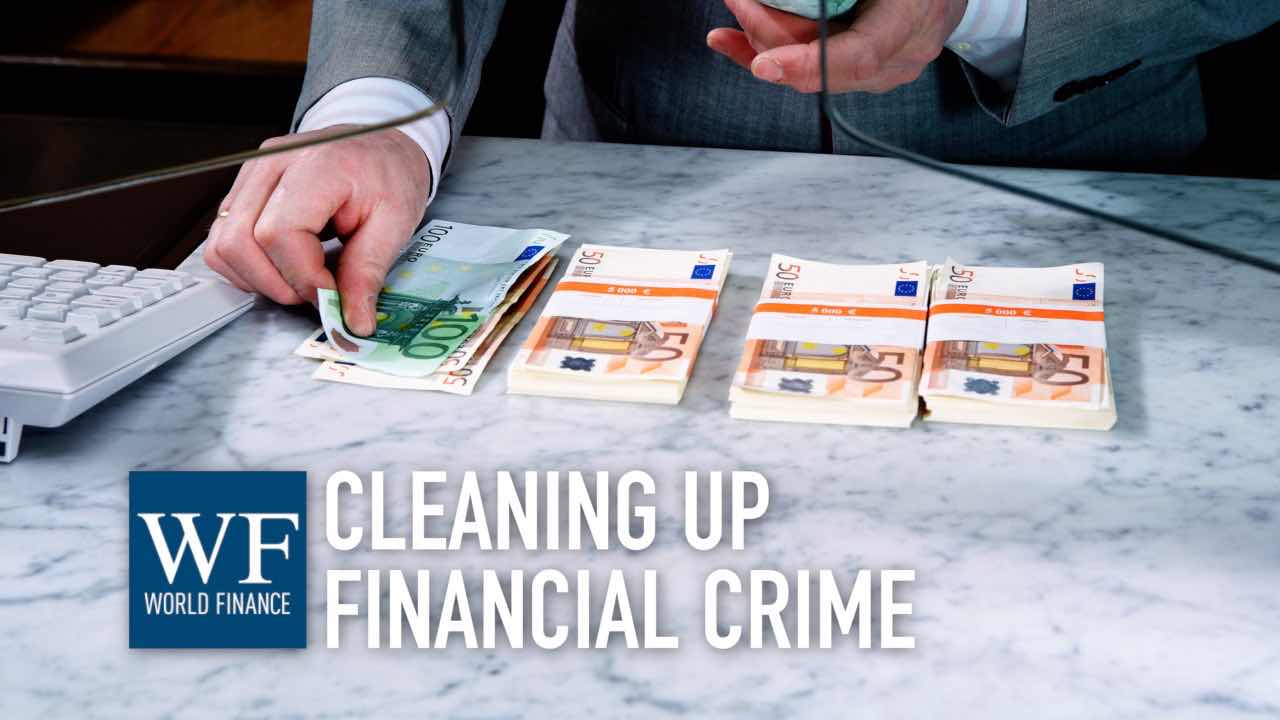How Bank of Cyprus came back from its bail-in to listing in London
Compliance director Marios Skandalis on the bank's four year remediation and rebirth
Related:
Transcript
In January 2017, Bank of Cyprus Holdings was listed on the London Stock Exchange. It’s the latest milestone on its path back to strength, since the Cypriot financial crisis and a €10bn bailout in 2013. In those four years the bank has made stunning progress in restructuring its risk, improving capital adequacy, and establishing high corporate governance standards. Compliance director Marios Skandalis explains that journey, and how the bank’s compliance and corporate governance standards have kept the bank on track. Watch the second half of our interview with Marios, where he discusses the bank’s aggressive and transparent clean-up campaign to tackle financial crime, and Bank of Cyprus’ digital future.
World Finance: What was Bank of Cyprus’ position in 2013, and how far have you come?
Marios Skandalis: Well, following the events of 2013, when the economy went through a bailout with the Troika, the banking sector had to go through a major remediation. Bank of Cyprus had its depositors receiving a more than 50 percent haircut of their deposits. Bank of Cyprus also absorbed all assets and liabilities of the second-largest bank shutting down, including €11.4bn of emergency liquidity assistance. So you can understand it was a chaotic situation.
However, in 2014 we had a successful capital injection from private investors of €1bn. That same year we had a successful comprehensive assessment by the European Central Bank. But it was 2017 that has been the hallmark of this rebirth and remediation of Bank of Cyprus.
In February we had been successfully admitted to the London Stock Exchange, and a successful issuance of €250m tier two capital notes.
World Finance: How significant has your compliance function been in keeping the bank on a positive course?
Marios Skandalis: The compliance function was the function that has undergone the most heavy and major remediation in the bank. Given the direction by the board of directors that rather than just adhere to the regulatory framework in place in Cyprus, but applying, adopting, and adapting to best international practices and procedures; that meant simply for us a complete cultural transformation of our function.
In doing so, we took a holistic view, and we applied six strategic pillars in fully remediating the function: being reviewing the overall restructuring and organisational structure of the compliance function, enhancing our monitoring activities, enhancing our assurance activities, enhancing the awareness and training competency of the staff, and establishing new transparent channels of communication with our regulators and competent authorities.
World Finance: Tell me more about the corporate governance standards that the bank has embraced.
Marios Skandalis: Corporate governance is a core aspect of the new compliance function of the bank. Our listing to the London Stock Exchange is one example of that. Our bank today is the only institution in Cyprus that is concurrently governed by two codes: the Cyprus Stock Exchange code, and the UK code.
We operate the corporate governance function through our corporate governance group policy, our group diversity policy, our group nominations policy, and our group fitness and probity policy.
Our board undergoes an annual internal review of its composition and functioning, and also a triennial assessment by an external consultant.
This blend of procedures that we have applied – and of course, having the London Stock Exchange and the Cyprus Stock Exchange monitoring our corporate governance function – sets our bank as a benchmark among the best well-governed institutions in Europe.
World Finance: Being listed on the London Stock Exchange does give you a greater international profile; what are you hoping to achieve with this?
Marios Skandalis: Being listed and traded on one of the most mature and reputable stock exchanges in Europe not only enhances the liquidity of the trading of the shares, but at the same time it ensures that the fundamentals of our organisation reflects on the price of our shares.
It gives us the credibility towards our internal and primarily external stakeholders, like our investors primarily, and our customers.

 Bank of Cyprus not afraid to forgo profits in financial crime clean-up
Bank of Cyprus not afraid to forgo profits in financial crime clean-up
